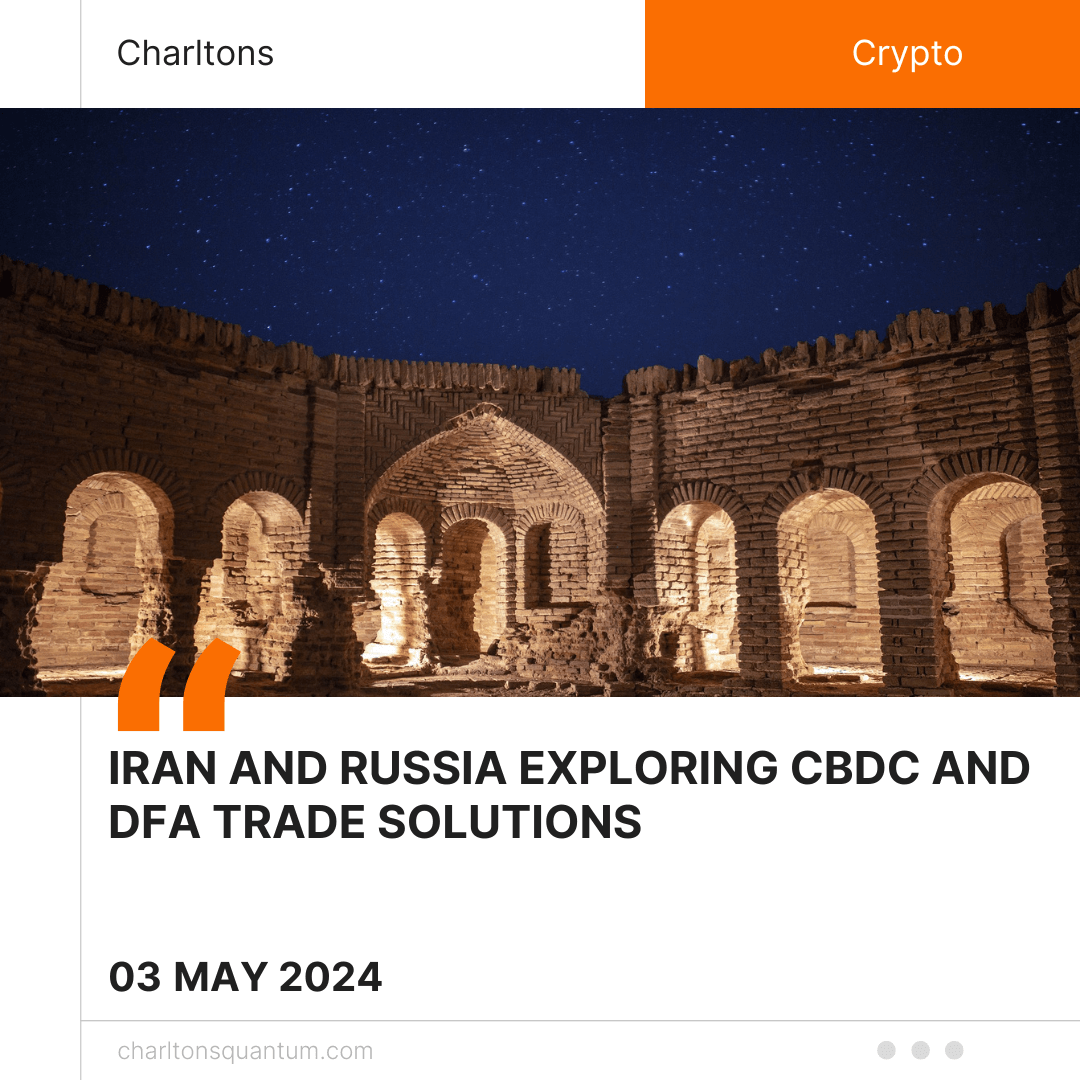
Iranian and Russian officials have confirmed their collaboration on central bank digital currencies (CBDCs) and digital financial assets (DFAs) to facilitate trade between the two nations. Rahimi Mohsen, the trade attaché of the Iranian Embassy in Russia, highlighted the potential of CBDC-powered options to simplify trade between Tehran and Moscow, potentially mitigating the impact of sanctions imposed on both countries.
Mohsen acknowledged the challenges associated with CBDC-related payments but emphasized the necessity of creating infrastructure and regulations for new payment methods. He expressed Iran’s intention to cooperate with Russia in implementing new regulations, citing the effective trade partnership between Tehran and Moscow.
The Chairman of Russia’s Council for the Development of Foreign Trade and International Economic Relations, emphasized the strategic importance of a CBDC-powered partnership with Iran for Moscow. He highlighted the potential for such cooperation to strengthen Russia’s influence in the Middle East and Central Asia.
Chereshnev discussed the difficulties Russian firms face in trade deals due to the inability to make payments in dollars and euros, resulting in losses of approximately 20-25% in every trade deal. He suggested that CBDCs could alleviate these challenges by simplifying trade, increasing transparency, and boosting transaction security.
Russian banks and firms have begun issuing DFAs, including blockchain-powered securities and commodities, to increase domestic investment options. President Vladimir Putin signed a law allowing Russian firms to engage in cross-border DFA trade earlier this year, while Belarus is set to utilize the Hyperledger Fabric blockchain network for its digital fiat project.
Russian lawmakers have explored the possibility of conducting business with China using the digital ruble and the digital yuan, indicating broader efforts to expand cross-border CBDC trade. However, current laws restrict Russian companies from using other countries’ DFAs or CBDCs in trade deals.





